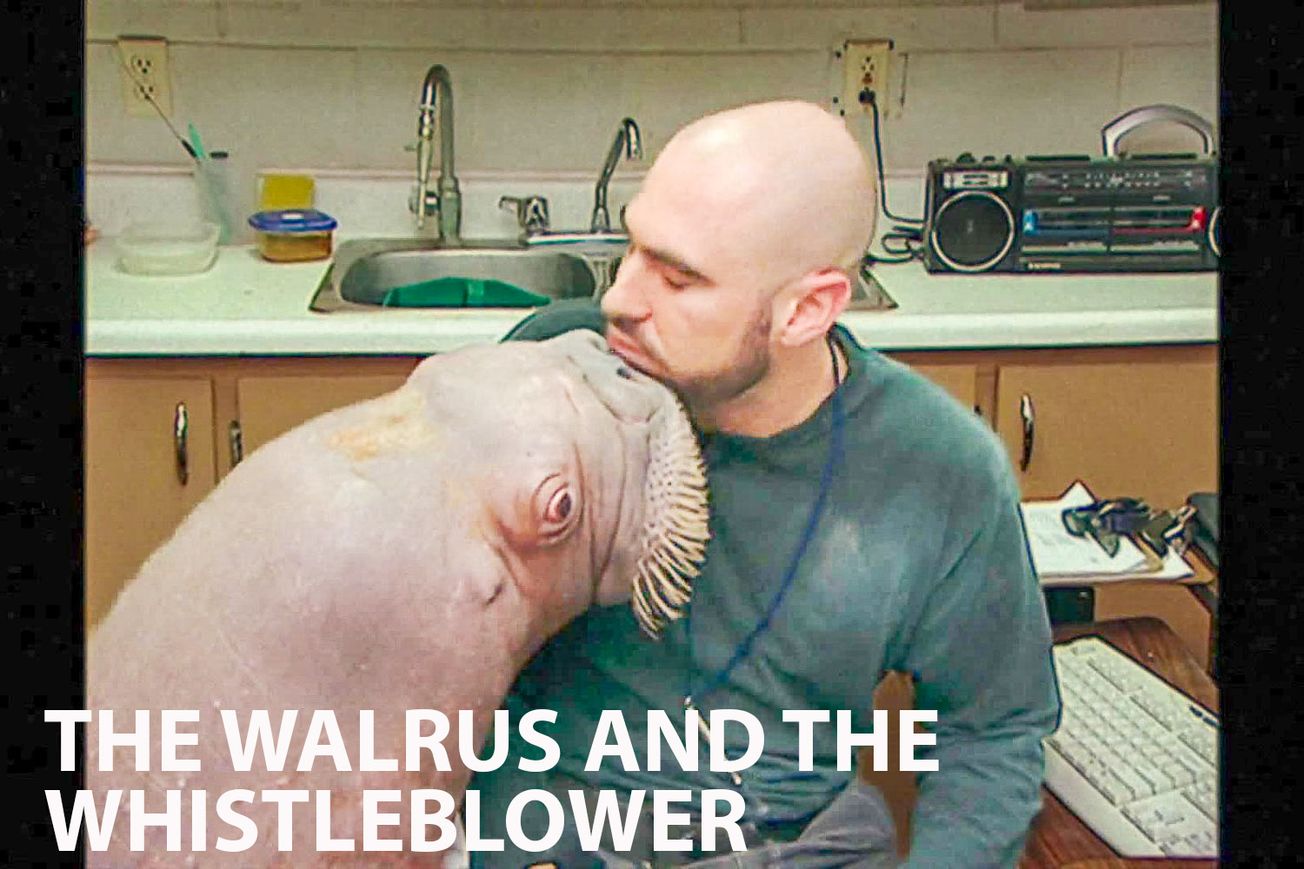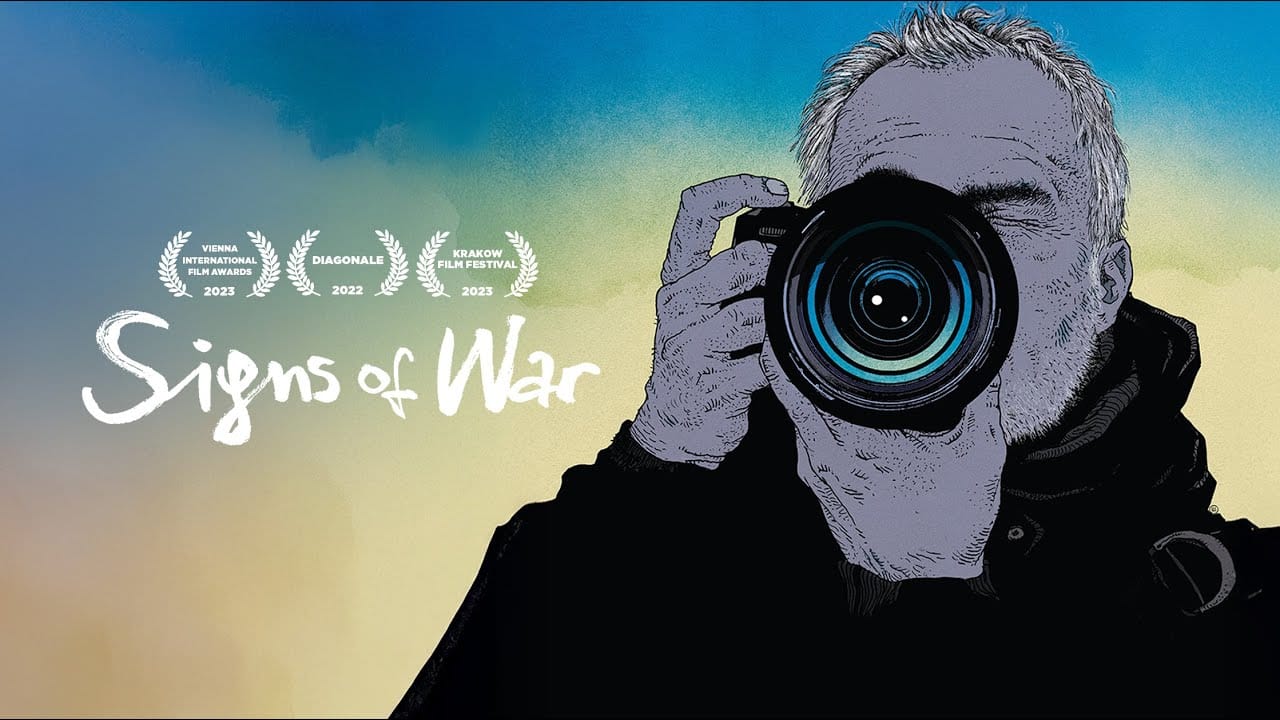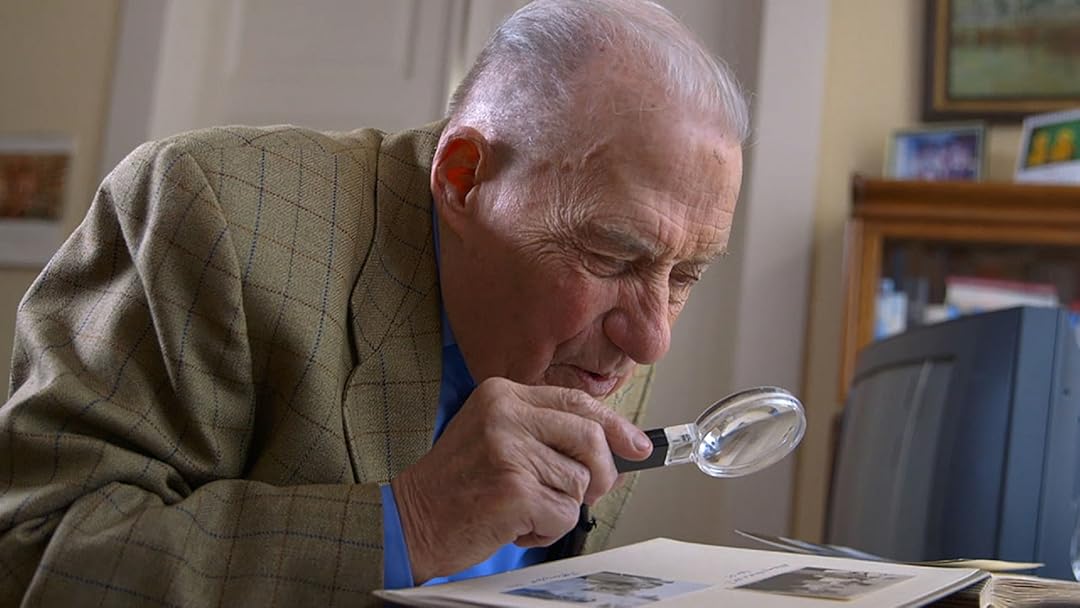Keywords: Marine animal captivity, animal rights, personal redemption, legal battle, corporate power.
Introduction:
"The Walrus and The Whistleblower," directed by Nathalie Bibeau and released in 2020, follows the compelling journey of Phil Demers, a man sued for $1.5 million for plotting to steal a walrus. This documentary highlights the increasing relevance of animal rights in today's society, particularly the growing condemnation of marine animal captivity.
Synopsis:
The documentary portrays Phil Demers' battle against his former employer, Marineland Canada, as he champions a law to ban the captivity of whales and dolphins. Simultaneously, he grapples with a profound loss of identity.
More film analysis
Analysis:
"The Walrus and The Whistleblower" is an investigative documentary. It presents an in-depth exploration of the issue of marine animal captivity, backed by thorough research. The presentation style is engaging, seamlessly blending personal storytelling with broader societal issues.
Historical and Factual Context:
Marineland Canada has faced numerous animal cruelty allegations over the years. The documentary provides an enlightening look into these controversies, their legal repercussions, and their impact on public opinion.
Key themes in the film:
- Animal Rights: The documentary raises critical questions about the ethics of marine animal captivity.
- Personal Identity: Phil Demers' struggle for personal redemption is a central theme.
- Legal and Corporate Power: The documentary explores the influence of corporations on law and individual rights.
Film Comparisons:
Unlike other animal rights documentaries on iWonder, "The Walrus and The Whistleblower" presents a personal journey intertwined with a broader societal issue, providing a unique perspective.
Noteworthy Moments:
One significant moment in the documentary is when Phil Demers discusses his bond with Smooshi the walrus, which led to his decision to fight against marine animal captivity.
Reviews:
The documentary received positive reception from both critics and audiences, praised for its insightful exploration of marine animal rights issue and the personal journey of Phil Demers.
Conclusion:
"The Walrus and The Whistleblower" is an important documentary that contributes to the discourse on animal rights. It is recommended for those interested in animal welfare, personal redemption narratives, and the influence of corporations on individual rights.
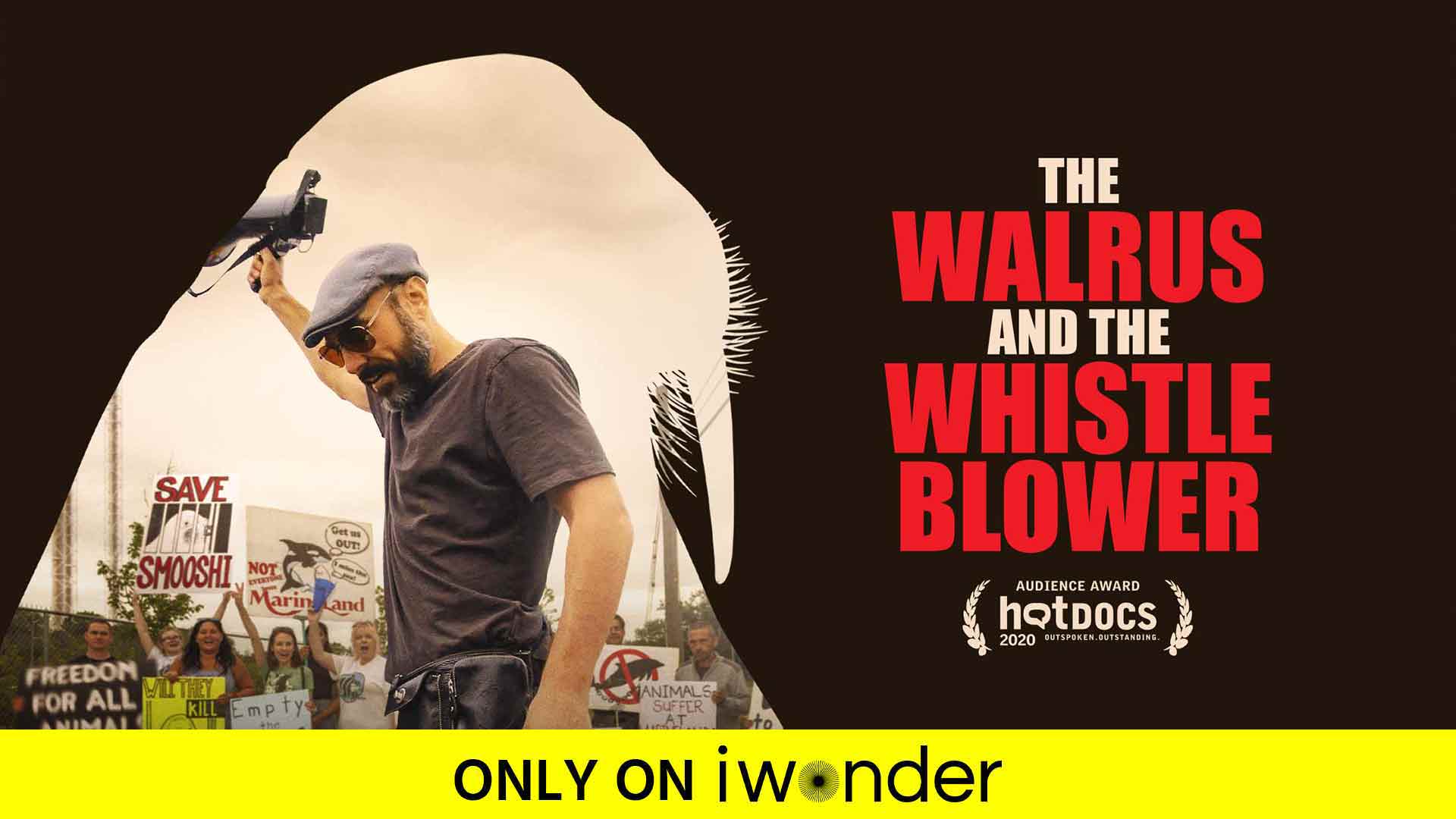
More film information
Awards: 3 wins & 2 nominations: Hot Docs Canadian International Documentary Festival, Canadian Screen Awards, Forest City Film Festival
PERSONALITIES:
Phil Demers - Former Marineland trainer turned animal rights activist.
LOCATIONS:
Marineland, Canada
Links for further exploration
- Animal Rights and the Ethics of Captivity: https://academic.oup.com/ilarjournal/article/54/1/41/668841
- The Legal Battle of Marineland Canada: https://www.cbc.ca/news/canada/hamilton/marineland-lawsuit-free-smooshi-1.6590640
- The Impact of Marine Animal Captivity: https://www.humanesociety.org/resources/marine-mammals-captivity
Key Questions Raised by the Film:
How can individuals stand against powerful corporations?
I wonder what the film would be in another art form:
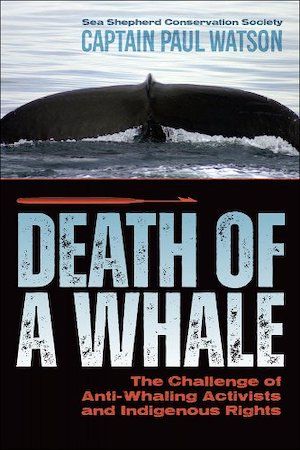


"Death of a Whale" by Paul Watson - if it was a famous book, for its focus on marine life protection.
"Earth Song" by Michael Jackson - if it was a famous song, for its message of conservation and protection of life.
"The Scream" by Edvard Munch - if it was a famous piece of art, for its representation of personal suffering and a plea for change.
Leonardo DiCaprio - if it was a famous celebrity, for his strong stance on environmental and animal rights.
Blue - if it was a colour, representing the marine life the film is fighting for.
Protest song - if it was a music style, reflecting the film's fight against animal captivity and corporate power.
